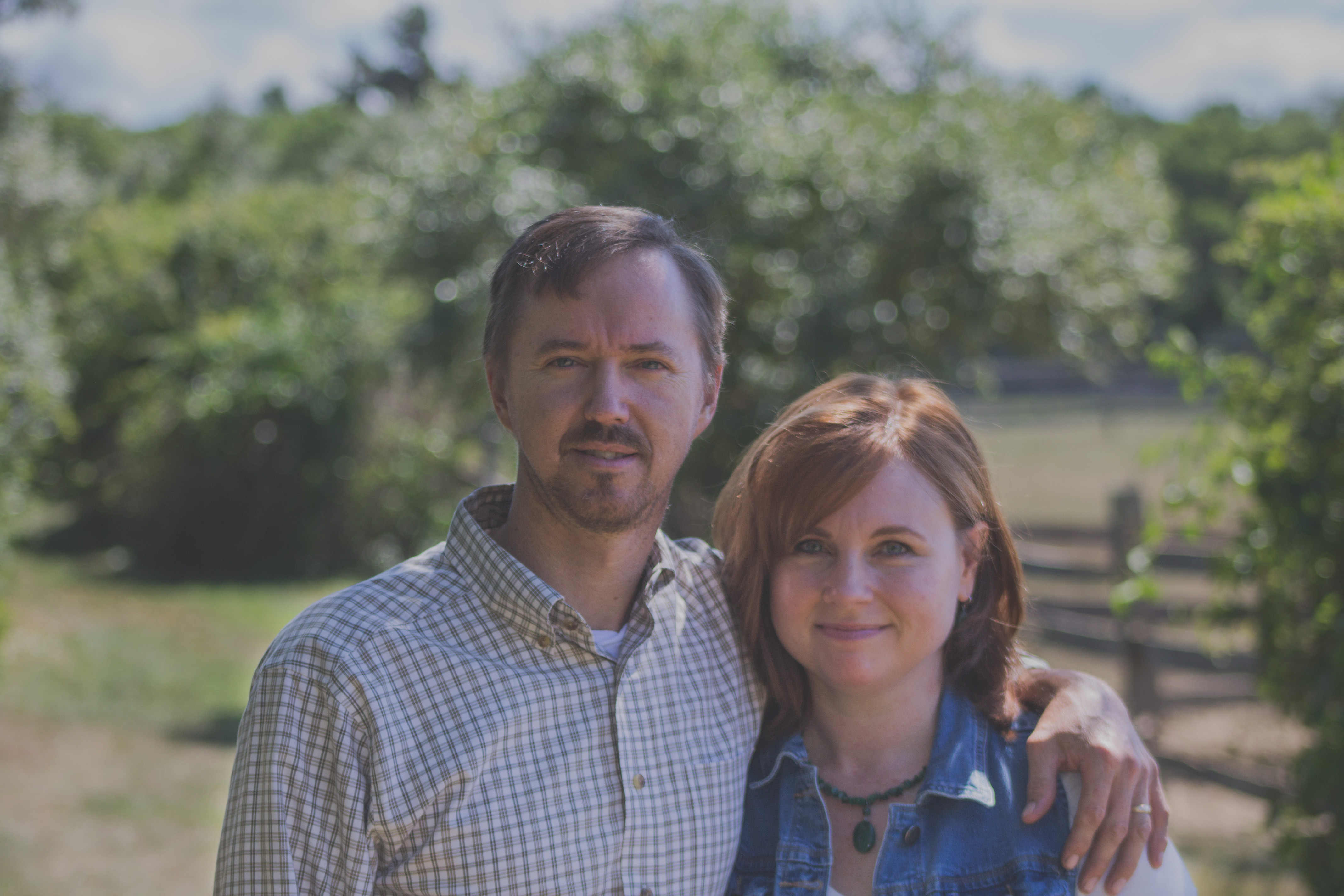Our Absolutes
About the church . . .
We believe that the head of the church is Christ (Matt. 16:18; Col. 1:18; Eph. 1:22-23; Eph. 4:15), and that the purpose of our meeting together is to know Him (Phil. 3:8-10; Acts 2:42-47). To that end, we further believe that the main focus of our gathering is the Word of God through pastoral preaching (I Tim. 4:13-16; I Tim. 5:17; II Tim. 4:2), which focuses on apostolic doctrine (Acts 2:42) in order to function as designed (Eph. 4:16).
About God . . .
We believe in one God existing in three persons: Father, Son and Holy Spirit (Deut. 6:4; I Cor. 8:6; John 1:1, 18; Acts 5:3-4). God has always been and will always be the only God. There were none before Him and shall be none after him. God is holy, which means that He is in a category of his very own, unparalleled in splendor and incomparable in glory (Ex. 15:11; Is. 57:15).
About creation . . .
In six twenty-four hour days (Gen. 1; Ex. 20:11), the triune God (I Cor. 8:6; Gen. 1:2; John 1:3) created a perfect universe. He did this by the sheer power of his spoken word (Gen. 1:1-2:3; II Cor. 4:6) using no evolutionary process or preexisting materials (Heb. 11:3).
About Jesus . . .
Jesus Christ is fully God (John 1:1, 14; Rom. 9:5; Phil. 2:5) and fully man (I Tim. 2:5; Heb. 7:25). Born to a virgin woman, Jesus united himself to human nature without inheriting a sin nature (Is. 7:14; Luke 1:35). In the ultimate expression of love for humans and obedience to God (I John 4:10, 17; Phil. 2:8), Jesus allowed himself to be executed on a cross meant for the vilest criminals (John 19:17-18). In so doing, Christ was standing in the place of sinners, receiving in himself the full outpouring of God's wrath against their sin (Is. 53:4-6; I Pet. 2:24). Having been buried for three days (I Cor. 15:3-4), he rose from the dead, not merely spiritually, but in his physical body (John 20:24-28; Luke 24:39-43). Having presented himself for forty days to certain people after his resurrection (I Cor. 15:3-8; Acts 1:3), Jesus returned to heaven (Luke 24:50-51; Acts 1:6-11), and there he continues in his role as human mediator between God and mankind (I Tim. 2:5; Heb. 7:24-28).
About the Holy Spirit . . .
We believe that the ministry of the Holy Spirit is to convict men, making them aware of their sin and the salvation available through Jesus. He regenerates, guides, instructs, and empowers the believer for godly living and service.
About mankind . . .
As bearers of God's image, humans are vested with inherent worth, and are distinctly elevated from the rest of creation (Ps. 139:14-16). Yet when Adam, as the representative head of humankind, chose to disobey God, he plunged the human race into guilt (Rom. 5:12, 14). All people have therefore inherited a natural bent to sin which corrupts every part of a person's being and makes him or her incapable of pleasing God (Jer. 17:9; Rom. 8:8). Since all humans are born sinners, we are condemned to eternal death--the unending separating from God in the literal lake of fire (Matt. 25:34-46; Rev. 20:12-15).
About salvation . . .
If all are sinners, then all need salvation from it and its consequences. Since God will not accept the efforts of humans to be reconciled to him (Eph. 2:8-9), salvation is a forensic act of God whereby he declares a sinner to be righteous based on what Christ did on the cross (Rom. 8:33-34; Luke 7:29). This forensic act, called justification, causes Christ's righteousness to be credited to a believer's account. Justification is a gift from God (Rom. 6:23) and received by faith (Eph. 2:8-9; Gal. 3:6, 10-11). Although good works do not produce salvation, salvation produces good works (Eph. 2:10; Jas. 2:17, 26).
About the Scriptures . . .
The Holy Spirit directly influenced certain human authors to write in such a way that their writings are the very words of God (II Pet. 1:20-21). Inspiration applies to the totality of Scripture (plenary), and every word of Scripture (verbal). The result is an inerrant Word of God in every respect, authoritative (II Tim. 3:15), and sufficient for salvation and daily living (II Tim. 3:17). In practice, we believe the Scriptures to be the only authority.
About spiritual growth . . .
After a person has received salvation, God continues to work in a believer's life to bring him or her to increasingly greater conformity to Christ (II Cor. 3:18). This process, called sanctification, is a supernatural work carried out by the Holy Spirit (Gal. 5:16, 22-23, 25; Rom. 8) and not by self-reform (I Thess. 5:23; Eph. 5:26; Titus 2:14; Heb. 13:20-21. It is a gradual process (Phil. 1:6; I Cor. 1:18; Col. 3:9-10) and its end is Christlikeness (Rom. 8:29). Even so, the believer co-participates in sanctification by seeking to abstain from sin and pursue righteousness (Phil. 2:12-13; Rom. 12:1-2).


